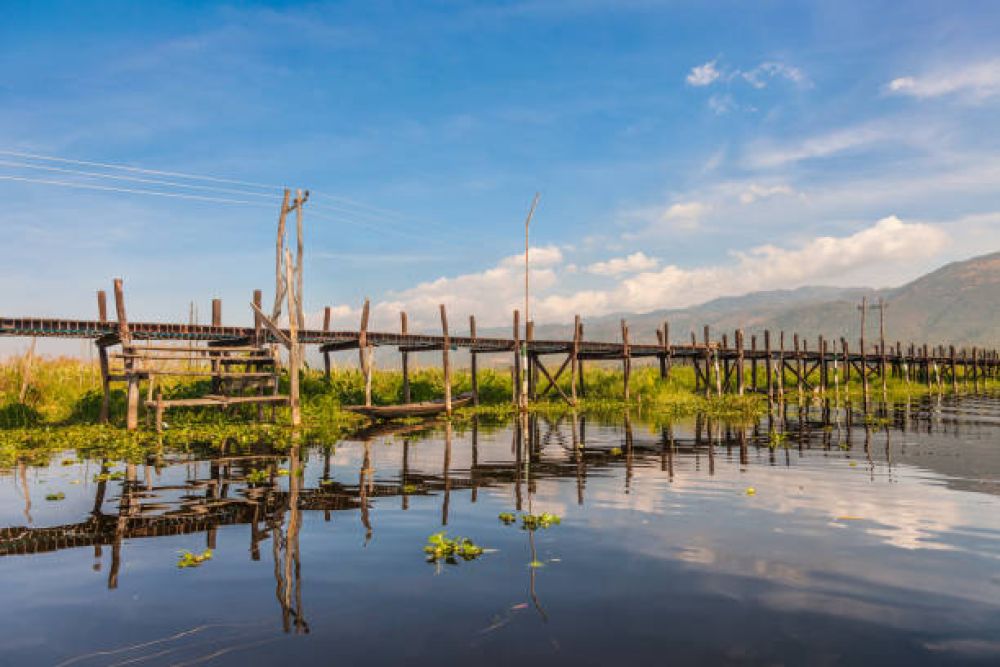

Set on the eastern banks of the bewitching Inle Lake, Maing Thauk is a charming village that offers an authentic slice of rural Myanmar life to travelers. The unique aspect of this village is its split personality: half is set on land, while the other half takes life on water, much like many of the communities around Inle Lake. Stilted houses connected by wooden bridges make for a picturesque setting that has steadily attracted curious globetrotters over the years.
The birth of tourism in Maing Thauk is fairly recent when compared to other global destinations. It wasn't until the late 20th century that Myanmar began opening up to tourism, and destinations like Inle Lake and its surrounding villages began to gain attention. The history of tourism here is intertwined with the allure of Inle Lake's floating gardens, traditional fishermen, and the general vibrancy of life on water, which fascinates visitors from around the world.
Initially, Maing Thauk was a stopover for visitors looking to explore the lake's natural and cultural beauty. However, as word spread about its calm and inviting atmosphere, and the warm hospitality of its residents, the village began to earn its own spot on the tourist map.
For decades, tourism growth in this region was organic, relying on word-of-mouth and the traditional ways of life to attract visitors. However, in recent years, the Myanmar government and private investors have recognized the tourism potential and have started implementing infrastructure improvements and promoting sustainable tourism practices.
Eco-tourism has become an essential part of this growth, with initiatives focusing on environmental preservation and the promotion of local culture. This is seen in the development of eco-lodges and community-based tourism projects that offer immersive experiences like local cooking classes, handicraft workshops, and agricultural activities alongside the local residents.
The latest trends in tourism here reflect the global shift towards responsible and experiential travel. Tourists are increasingly seeking out destinations that allow for cultural exchanges and personal growth, rather than the traditional sightseeing tours.
Despite these developments, Maing Thauk Village still retains much of its original charm and tranquility. The local community remains involved in fishing, farming, and traditional crafts, maintaining the cultural authenticity that first drew travelers to its shores. As Myanmar continues to develop its tourism industry, Maing Thauk stands as a testament to the delicate balance between progress and preservation, constantly evolving to cater to the modern traveler while holding on to its unique heritage.